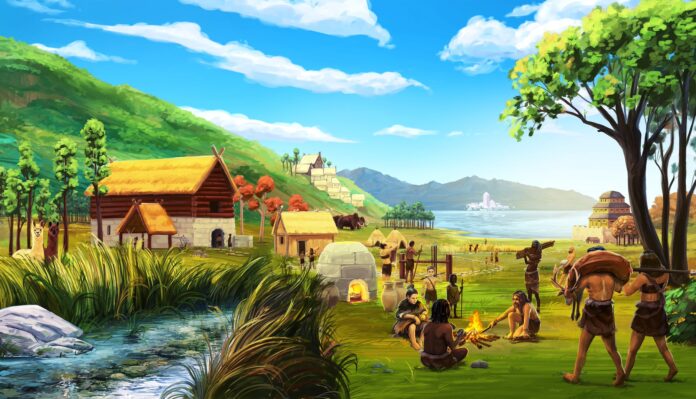For Dave Frampton, working under the name Majic Jungle, the journey into game development began as an unexpected passion. “I decided to teach myself to code as a bit of a hobby,” he recalls. “I very quickly realized that I absolutely loved coding.” Over the years, he honed his skills and eventually transitioned into creating his own games. One of his most ambitious projects, Sapiens, is a colony-sim that has been a decade in the making. “With Sapiens, I created a sphere to start with, which was the world. Then I refined it for 10 years, and here we are!”
Working as a solo developer has its unique set of challenges and advantages. For Frampton, one of the key benefits is the streamlined decision-making process. “As a solo developer, all of that communication happens in my own head, and we all agree most of the time,” he says. However, he also acknowledges the immense support he receives from his players. “The community is a massive help. Building up a YouTube devlog audience in the early days really helped to keep me going, and now the enthusiasm from the player base provides that extra boost if the neverending to-do list threatens to get me down.”
Why did you become a solo developer?
“I was just beginning a career as an artist, painting oil landscapes when I decided to teach myself to code as a bit of a hobby. I very quickly realized that I absolutely loved coding, and with some luck I quickly landed a software development job. But I always wanted to make games and be my own boss, so I worked hard, saved up, made games in my spare time, and went out on my own as soon as I could.”
What are the biggest advantages of working solo?
“Communication. If you go to GDC, most of the sessions when it comes down to it, are focused on communication, because this is the biggest problem that teams have. As a solo developer all of that communication happens in my own head, and we all agree most of the time. I don’t have meetings, I don’t need to do anything I don’t think is right, and I know the entire codebase inside out.”
And the biggest pitfalls?
“The major issue is the lack of time. If I had another person to share the load, I could get more done. It wouldn’t be as efficient, and I’d lose the advantages of working solo, but more things would happen. I do also lack the refined skills that those with a narrower focus have. This means the game is rougher around the edges than it could be, and is the main reason why I do defer to skilled contractors from time to time for specific tasks, like I did with the music in Sapiens.”
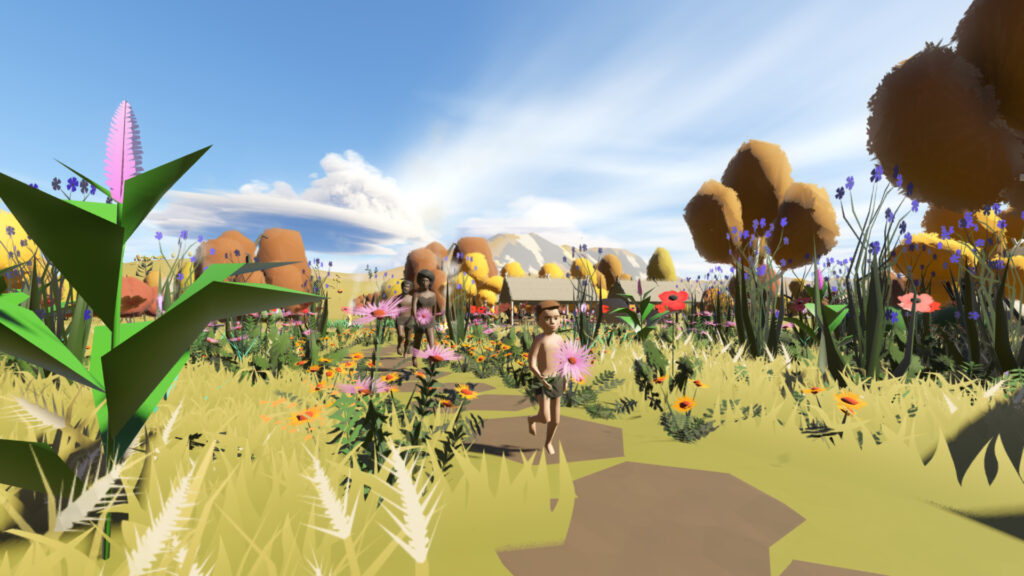
What’s your creative process?
“I treat game development in the same way as any other creative pursuit, like painting or gardening. For a painting I tend to block out large areas, define rough shapes, work on the composition as a whole, and then refine and add detail. With Sapiens I created a sphere to start with which was the world. Then I refined it for 10 years, and here we are!”
“The refinement process comes from standing back and looking at your work through the eyes of the audience. I tend to start a new game and play it through with a goal in mind, playing as a particular kind of player, and will play for many hours, noting down every little thing that occurs to me. Then I prioritize the notes, deciding the best approaches to solve the various issues, and get to work.”
How do you stay motivated through (years of) development?
“That’s a huge question with a lot of answers, there is no silver bullet. I think fundamentally you have to believe in yourself, believe that what you are doing is worthwhile. You can’t force that. But once you have found that drive, for me it’s mostly a matter of routine. Keeping busy, coding at least a little bit every day, always making progress. The community is a massive help too. Building up a YouTube devlog audience in the early days really helped to keep me going, and now the enthusiasm from the player base provides that extra boost if the neverending todo list threatens to get me down.“
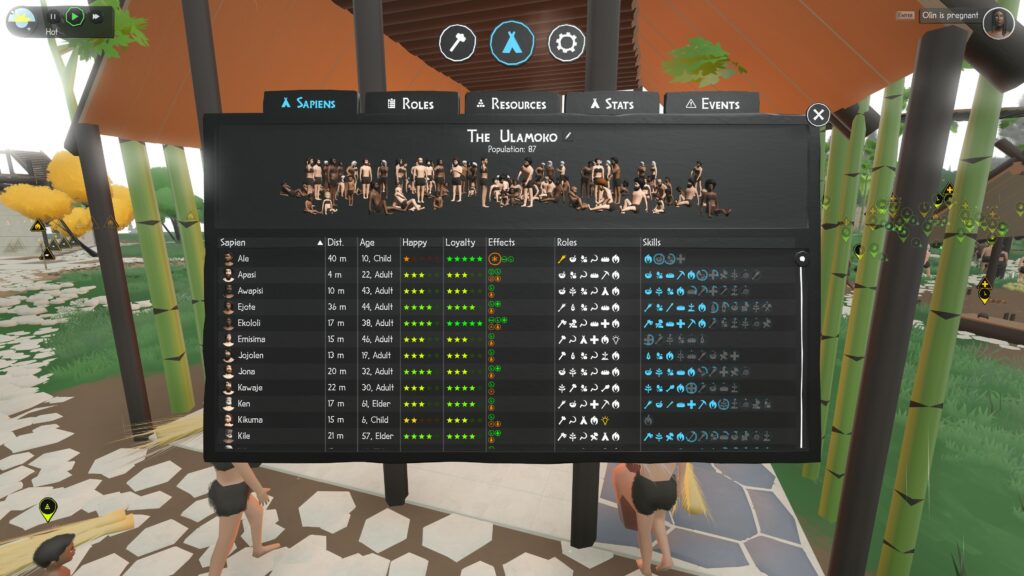
Will you ever work in a team or is it only solo for you?
“As I get older, my view on this is changing. I’ve never really wanted to manage people, I’d generally rather get my hands dirty than sit around in meetings. I’ve also felt that the advantages of being solo generally outweigh the disadvantages for the projects that I worked on up until this point. However there are parts of my job that I can do with my eyes closed now, and it makes sense to delegate those so I can focus on tasks that fit my skills better. Sapiens also has a solid foundation now, many of the impactful design decisions have been made, so there are plenty of tasks that could be completed just as well or better by others. So things have changed, I’m just now looking at hiring a modeler/animator.”
How did you get the idea for Sapiens?
“Sapiens started as just a world renderer, it was basically a hobby project that got out of hand! Once I had a world, it was a matter of deciding what to do with it, and I ended up taking everything I learned making The Blockheads, and mixing it with elements from a number of other games and genres, to come up with something new and different.”
“The key unique element in Sapiens is still that world though, larger than earth, and able to be explored and manipulated seamlessly, at ground-level detail, and in multiplayer now too. The gameplay and interfaces have evolved alongside the world, and the standard ways that games deal with many things just haven’t worked, so I have needed to come up with many new solutions. Non-standard camera controls, the 2D multi-select interface, new ways for managing resources and ownership with multiple players, and a bespoke sapien AI/pathfinding solution, are just some examples of this, but basically everything needed to be designed from the ground up, purely because it was not a top down game on 2D plane with more reasonable size constraints.”
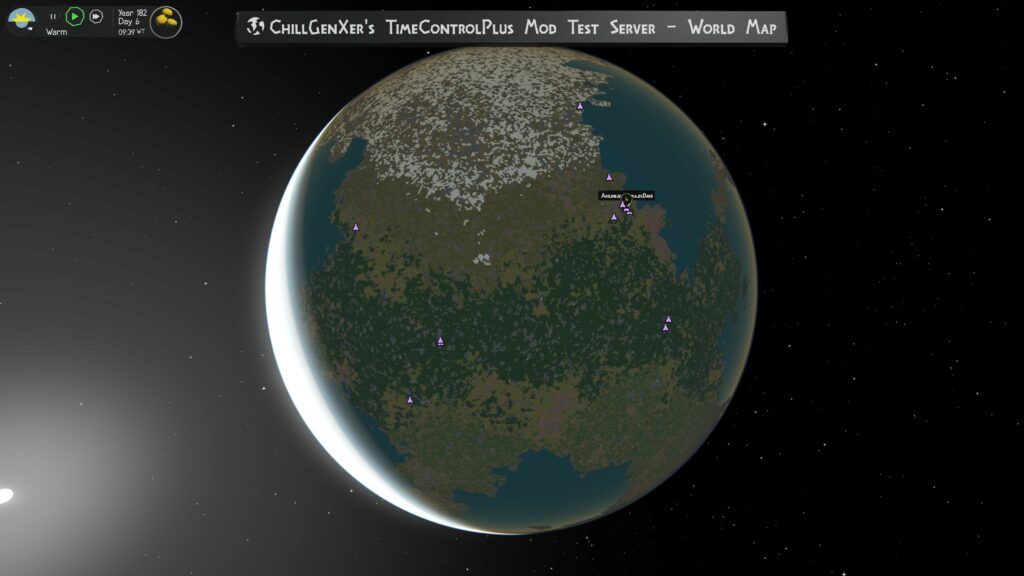
What’s the biggest lesson learned from this project?
“I’ve learned so much, it’s hard to single anything out. For instance, I’ve learned to trust my instincts more, but to listen to the community more too. I’ve learned that every piece of feedback is valuable, but always comes from a unique perspective. Everyone has a different idea of what they want the game to be, and there is no right answer. More than anything I’ve learned to appreciate the journey and the process. All the best stuff comes when you are enjoying what you are doing, so follow the joy.”
How do you finance your solo projects?
“My first financial success was Chopper on the iPhone in 2008. That was such an incredible lucky chance, the App Store launched just as I was going out on my own as a solo game developer. That game set me up with enough income to work for a year or two. So I did that and managed to create Chopper 2. This did well too, and funded the time I spent on The Blockheads, and The Blockheads funded Sapiens.”
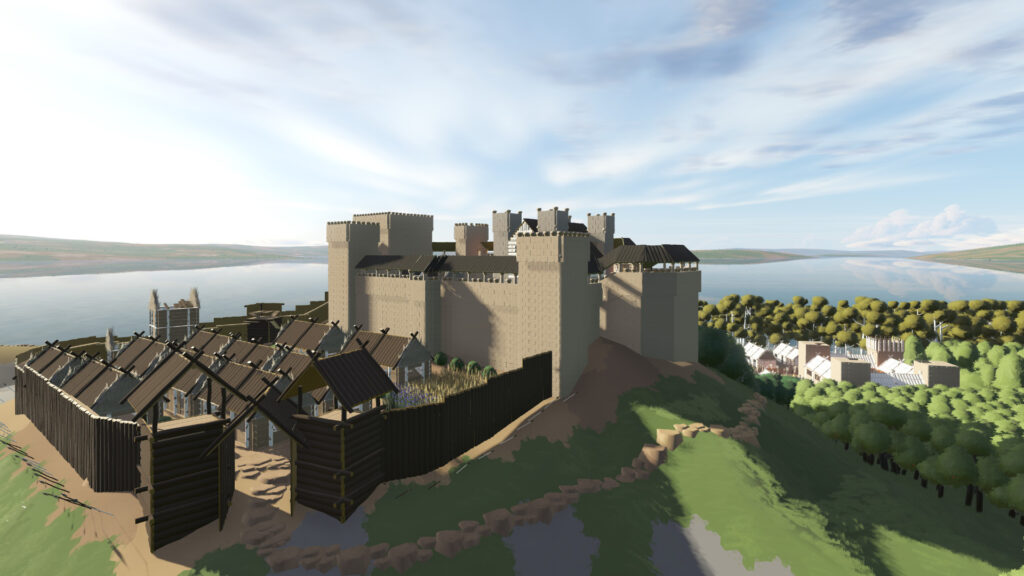
The toll on your mental health can be quite high for solo developers. How do you deal with that?
“It’s tough, definitely, and another case where there is no single answer. For me I find the hardest times are when you have a long list of very difficult tasks in front of you or the solutions aren’t clear, and the community is getting impatient, or you don’t have a community yet and nobody cares.”
“In these situations I tend to switch off the internet and just work hard and play hard for a bit. There is nothing like ticking things off the todo list to make you feel good. Getting out in the garden for two hours or going for a surf. Just getting some physical exercise and some sun does wonders. If you don’t feel you can handle any negative feedback right now, just don’t look anywhere where it might be. Switch it all off, it can wait until you are in a better place mentally.”
Play Sapiens now in Early Access on Steam.

